Basic electrical schematic diagrams
An electrical schematic diagram might look like a nonsensical drawing to the layman, but to the electrical engineer, it’s a high-level documentation that provides a ton of insight and instruction.
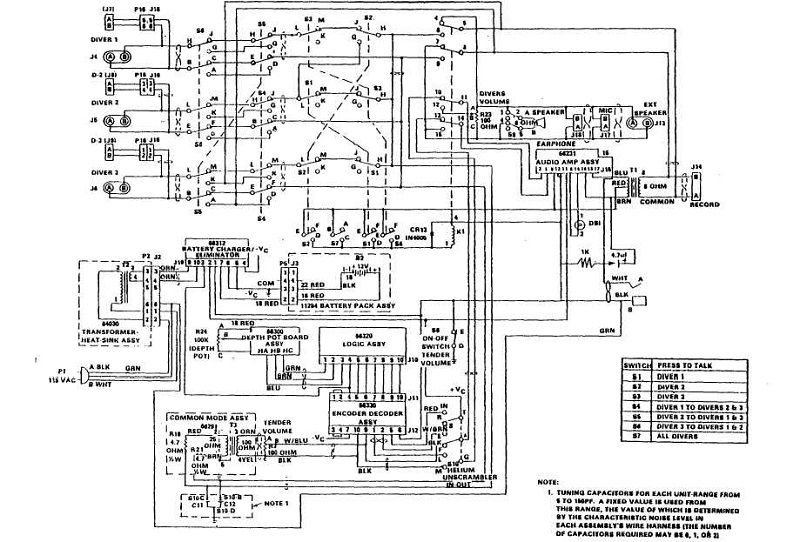
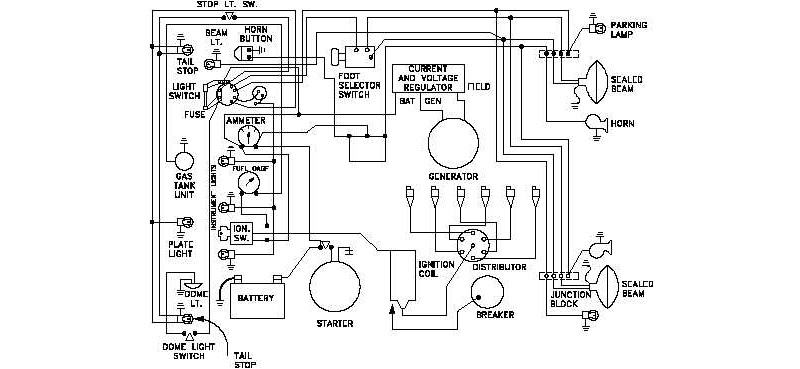
The difference between an electrical schematic and a block / layout diagram is that the former shows the actual electrical connections. If it’s just a visual meant to show how the wires and components are laid out and connected, it’s referred to as the latter. Each symbol in an electrical schematic has its purpose and is used to replace the need for what would otherwise be text-heavy descriptions.
A good example is the electrical symbol below. It might look fairly simple to most, but it actually stands for “three-phase, open delta, grounded at common point”.
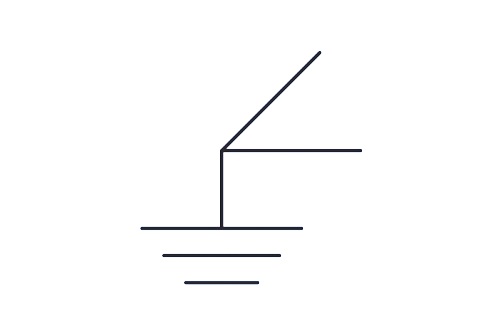
Can you imagine what an electrical schematic might look like if there were descriptions like this all throughout the diagram? To circumvent this would-be headache, electrical engineers are carefully trained to recognize these symbols, identify their meaning, and understand their relationship to other nearby symbols.
What are the most common electrical symbols? Today, there are literally dozens of electrical symbols used — the following is a collection of some of the more commonly used symbols found on electrical schematic diagrams, ranging from the simpler of symbols to those that are slightly more complicated in design and definition.
Electrical Symbols and Their Meanings
Rectifier

Phase Meter

240V Outlet

Flow Switch
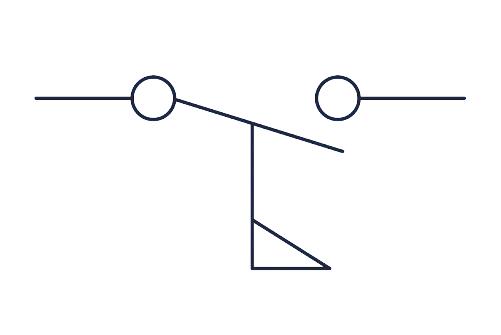
NOR Gate
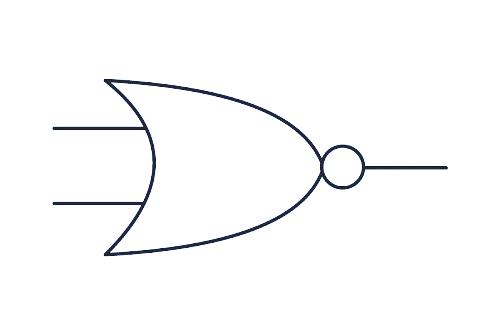
Continuously Adjustable Resistor
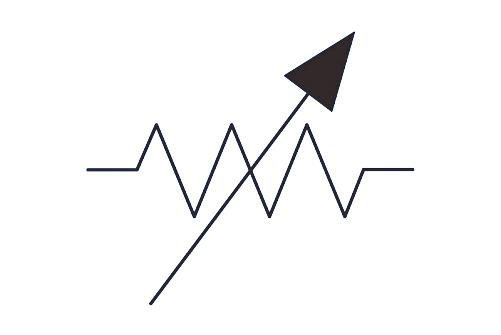
Normally open foot switch
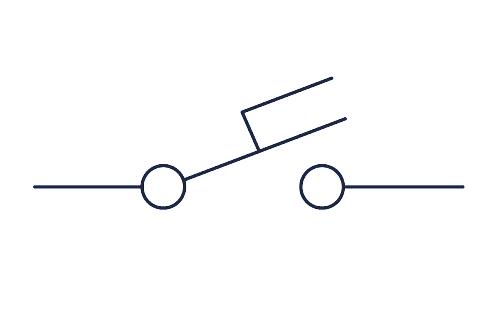
Timer off delay, normally open
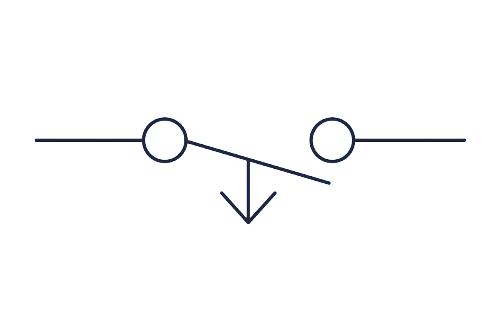
Shielded transformer with magnetic core
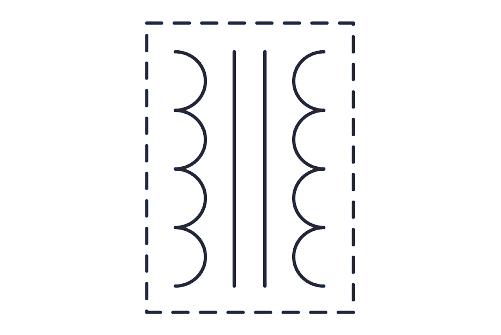
Thermally operated relay with normally open contacts
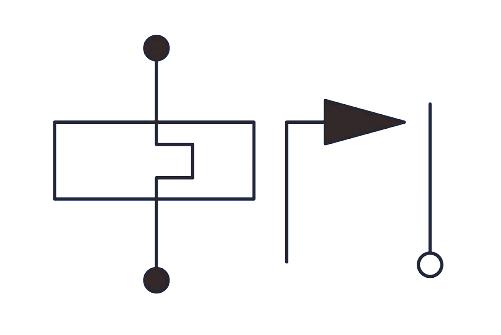
3-pole circuit breaker with magnetic overload protection
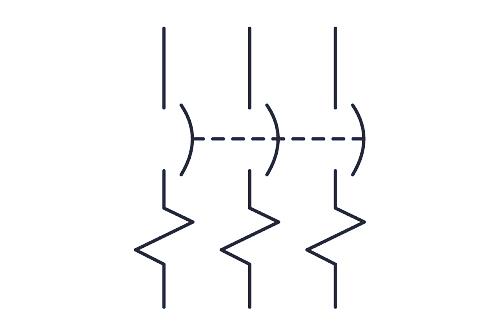
How often do you come across these symbols in the electrical schematics you see day-to-day?
Related articles:
Advertisement
Learn more about Electronic Products Magazine





